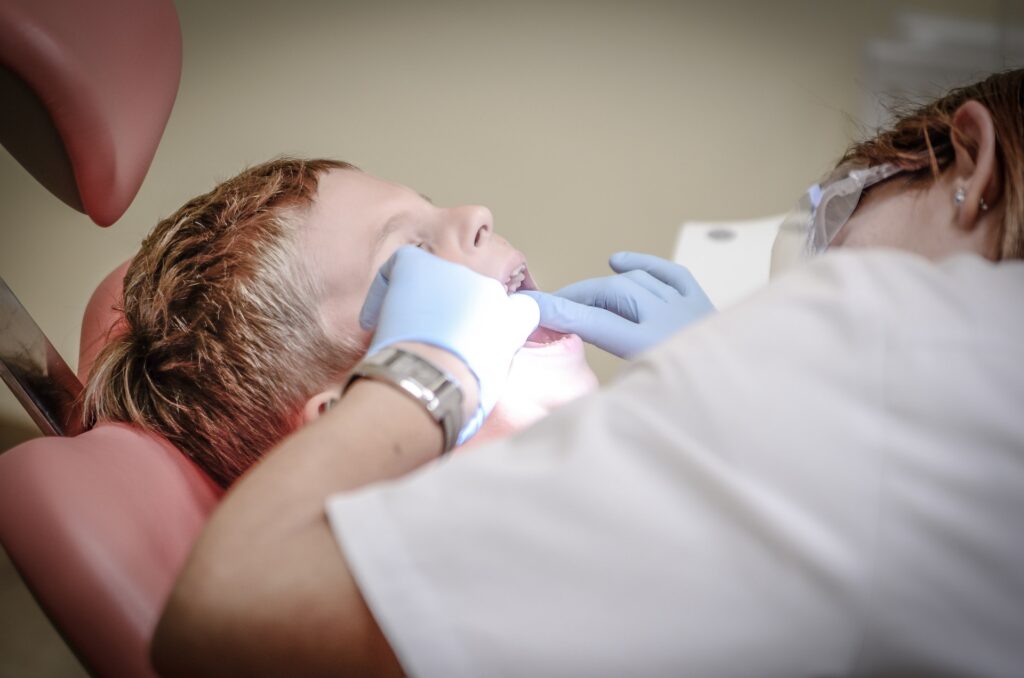How to Develop a Successful Business Plan for Your Dental Practice

As a dentist or hygienist, starting your own dental practice can be both exciting and daunting. Developing a successful business plan is critical to the success of your dental practice, and can help you navigate the complexities of the healthcare industry while ensuring your practice is profitable and sustainable. In this article, we’ll explore some key steps to developing a successful business plan for your dental practice, including how to manage dentist equipment and ensure you have the necessary resources to provide the highest quality care to your patients.
Step 1: Define Your Vision and Goals
Before you can develop a successful business plan, you need to define your vision and goals for your dental practice. This means considering what kind of practice you want to build, what services you want to offer, and what kind of patients you want to attract. Take some time to think about your personal and professional goals, and how your dental practice can help you achieve them. Once you have a clear vision of what you want to accomplish, you can begin to develop a plan to make it happen.
Step 2: Conduct Market Research
Market research is a critical step in developing a successful business plan for your dental practice. This involves gathering information about your local market, including the demographics of your potential patient base, the competition you’ll be facing, and the local regulations and requirements you’ll need to comply with. This information will help you determine what kind of services and dentist equipment you’ll need to offer, how to price your services, and how to differentiate your practice from others in the area.
Step 3: Develop a Marketing Strategy
Once you have a clear understanding of your market, you can begin to develop a marketing strategy to attract and retain patients. This may include developing a brand identity, creating a website and social media presence, and developing marketing materials such as flyers and brochures. You’ll also need to consider how you’ll build relationships with local referring dentists and healthcare providers, and how you’ll differentiate your practice from others in the area.
Step 4: Develop a Financial Plan
Developing a financial plan is a critical step in developing a successful business plan for your dental practice. This involves estimating your start-up costs, projecting your revenue and expenses over the first few years of operation, and determining how you’ll finance your practice. You’ll also need to consider how you’ll manage your cash flow, and how you’ll budget for ongoing expenses such as rent, utilities, and dentist equipment.
Step 5: Hire and Train Staff
Your dental practice will rely on a team of skilled and dedicated staff members to provide the highest quality care to your patients. Hiring and training the right staff is critical to the success of your practice. This may involve recruiting experienced dental professionals such as hygienists, assistants, and administrative staff, and providing ongoing training and support to ensure they have the skills and knowledge necessary to provide the best possible care.
Step 6: Invest in High-Quality Dentist Equipment
Investing in high-quality dentist equipment is critical to providing the best possible care to your patients. This may include investing in state-of-the-art dental chairs, x-ray machines, and other essential equipment. It’s important to choose equipment that is reliable, durable, and meets the highest standards of quality and safety.
Step 7: Develop Policies and Procedures
Developing policies and procedures is an essential step in developing a successful business plan for your dental practice. This involves creating clear guidelines and protocols for how your practice will operate, including how appointments are scheduled, how patient records are managed, and how billing and insurance claims are processed. It’s important to ensure that your policies and procedures comply with local regulations and industry best practices, and that your staff are trained on how to follow them.
Step 8: Monitor and Adjust Your Plan as Needed
Developing a successful business plan is not a one-time task. It’s important to monitor your progress and make adjustments as needed. Regularly reviewing your financials, tracking your marketing efforts, and soliciting feedback from your patients can help you identify areas where you need to make changes to stay on track. By staying flexible and responsive, you’ll be able to adapt to changing market conditions, industry trends, and patient needs.
Conclusion
Developing a successful business plan for your dental practice requires careful planning, research, and a commitment to providing the highest quality care to your patients. By defining your vision and goals, conducting market research, developing a marketing strategy, creating a financial plan, hiring and training staff, investing in high-quality dentist equipment, developing policies and procedures, and monitoring and adjusting your plan as needed, you can build a sustainable and profitable dental practice that meets the needs of your patients and supports your personal and professional goals. With the right instruments and resources in place, you can build a thriving dental practice that makes a positive impact on the health and wellbeing of your community.




